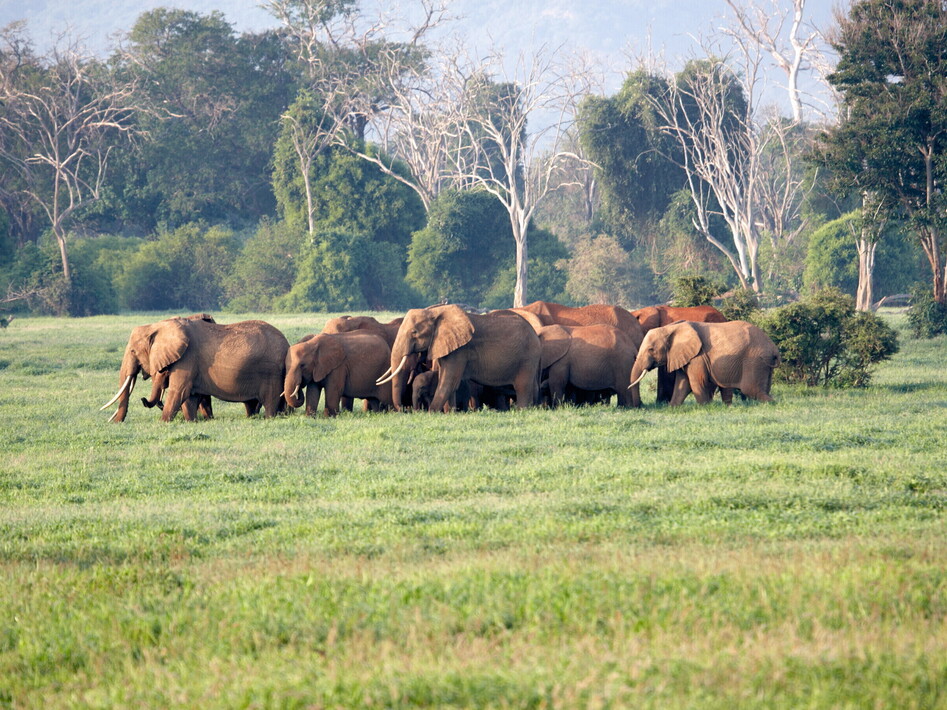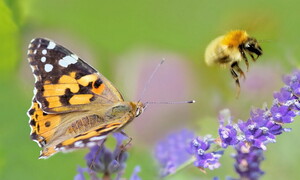Forget mice – it’s bees that scare elephants!
22 APRIL 2025

According to legend, elephants are terrified of mice. But in Kenya, farmers are turning to a different fear – bees – as an unexpected and effective method to keep elephants away from their crops.
Human-elephant conflict is an increasing problem due to the overlap between farmland and elephant habitats, pushing the animals to seek food and water in human settlements. This can lead to dangerous interactions, with damage to crops and potential fatalities for both people and elephants. After decades of research, a simple but ingenious solution has emerged: fences made of beehives filled with bees. This idea is rooted in local knowledge that elephants dislike bees. These buzzing barriers provide a gentle yet effective way to reduce violent encounters and are now spreading to other countries like Mozambique and Thailand. Elephants avoid bees because they can be stung, and they remember. To reduce costs and give bees more space, only half the hives are real, with the other half being fake, creating an illusion that fools approaching elephants. Studies by Save the Elephants have shown that bees are a powerful deterrent. A long-term study over nine years in two villages in southern Kenya found that 75% of nearly 4,000 elephants that approached the beehive fences turned away. Beyond protecting crops and ensuring food security, beehive fences also bring additional benefits to communities: farmers can generate extra income by producing honey. However, the approach has its limitations. Bee populations can decline during drought years due to a lack of flowering plants, which reduces the fences’ effectiveness, as happened in 2018. Despite these challenges, beehive fences are currently helping many communities in Kenya. The number of hives has grown from just two to 700, now covering three villages. And people have come to believe in peaceful coexistence with elephants. Before the introduction of these fences, elephants raided most farms. Now, farmers can live without fear.


